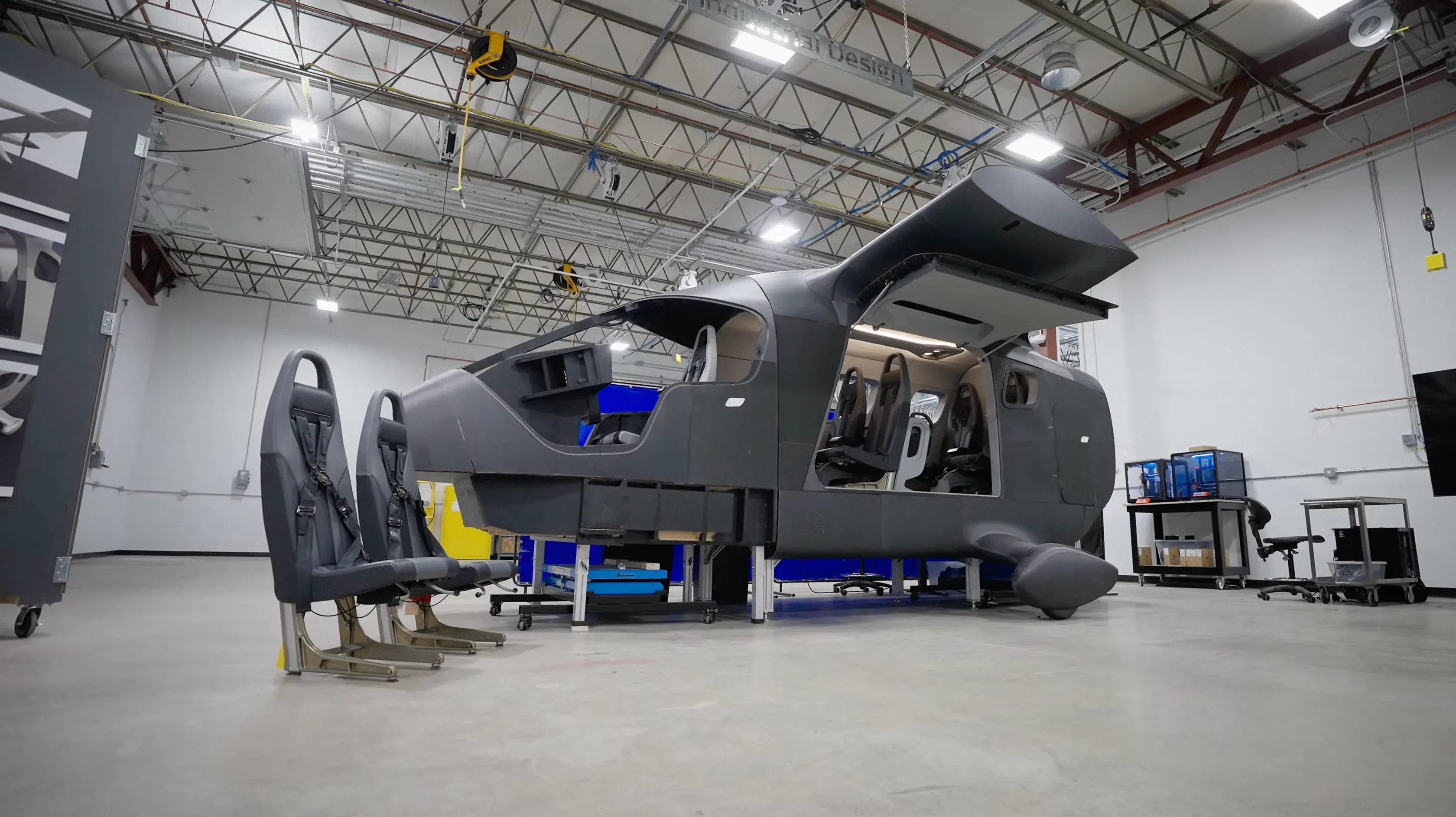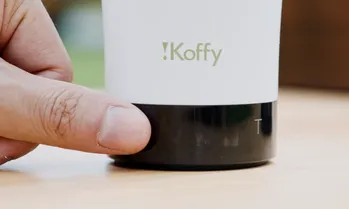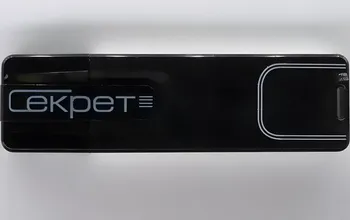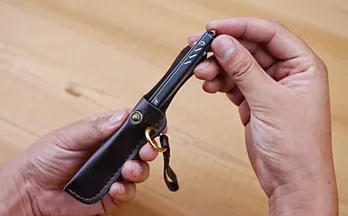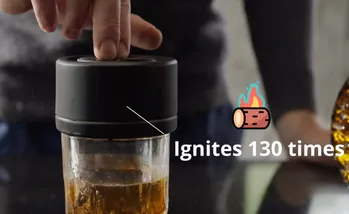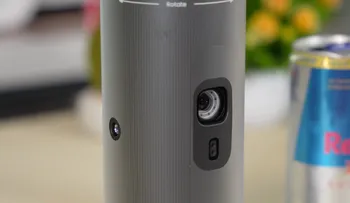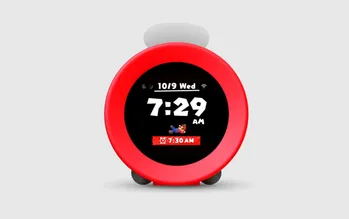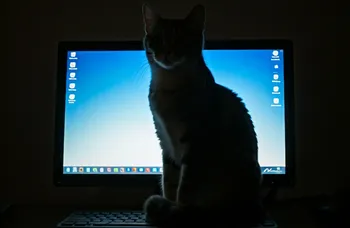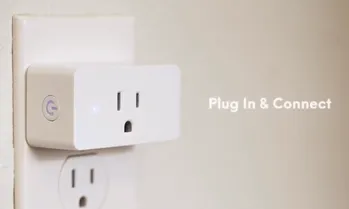Beta Technologies, a Vermont-based startup that has raised over $860 million in venture capital from major investors like Amazon's The Climate Pledge, has unveiled the passenger version of its electric plane with vertical takeoff and landing (VTOL) capabilities, named ALIA. Unlike traditional planes, this model doesn't require a runway for takeoff and landing.
The company is positioning itself as an Original Equipment Manufacturer (OEM), selling aircraft and charging solutions to multiple clients instead of managing a city air taxi service network. Beta has secured clients in defense, cargo delivery, and medical logistics sectors such as United Therapeutics, UPS, Air New Zealand, and the U.S. Air Force, with plans to enter the passenger market by 2025.
The passenger version of ALIA features more windows compared to other versions, a cabin designed for five passengers, including a pilot's cockpit, luggage compartment, and some amenities for passenger comfort like light switches and ventilation controls. Each model can carry approximately 1400 pounds, with some already being tested in cargo missions by the military.
Founder and CEO Kaila Clark stated that while passenger flights were part of their plan from the beginning, focusing first on medical and freight transportation before moving to passengers was more prudent. Beta has not yet created a full-scale prototype for passenger transport but claims this approach optimizes the path to certification, production, and commercialization.
Notable differences in the passenger version include additional windows and a cabin designed with five seats, including a pilot's cockpit, luggage compartment, and some comfort amenities like light switches and ventilation controls. All versions can carry around 1400 pounds, and Beta has more than 50 hours of flight time compared to any other company in the industry.
Clark expects FAA certification for Beta's aircraft within 13–14 months, noting that they have "dozens, if not hundreds" of cargo planes with tens of thousands of flight hours under their belt, which will build the necessary trust and safety standards before passenger flights begin.
The strategy has helped Beta win a financial commitment from on-demand aviation company Blade, which placed an order for 20 eVTOLs in 2021, as well as orders from other companies like LCI Aviation and Helijet.
Beta plans to fulfill these orders over the next few years and has already opened its production facility in South Burlington. FAA oversight means that the company expects to produce hundreds of aircraft over the next 1.5 years, with a maximum capacity of 300 per year by four years from now.
"When you transition from turbine or jet aircraft to electric, you can effectively halve the cost of transport. This opens up about ten times more markets for transporting people," Clark concluded.


